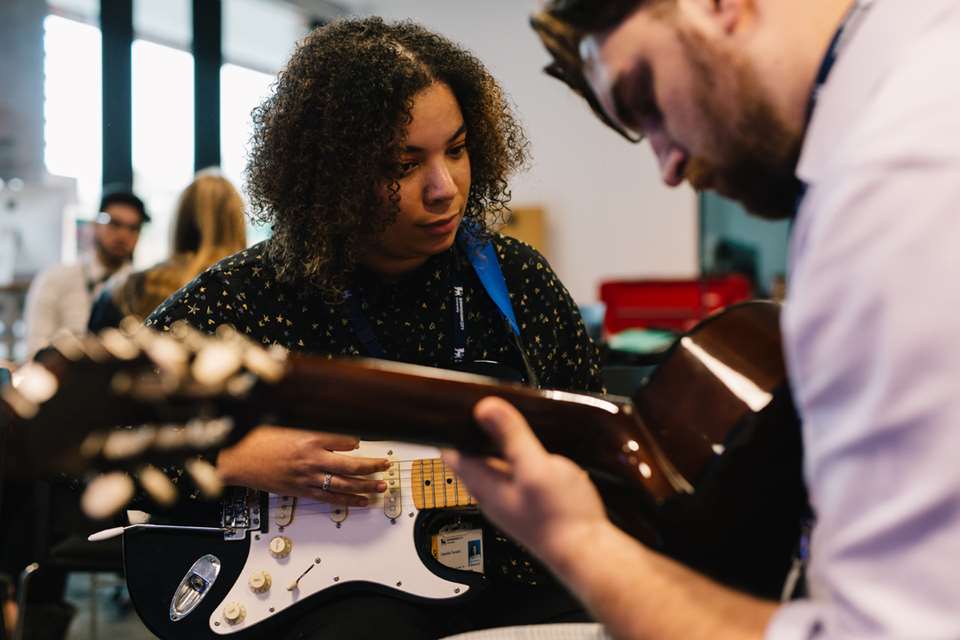Music A Level entries keep pace with increase across the board
Hattie Fisk
Friday, August 19, 2022
A 4 per cent increase in A Level Music entries this year reflects a 4.2 per cent increase in A Level entries overall.

Monkey Business / Adobe Stock
The number of students taking music A Level in England, Wales and Northern Ireland is up by 4 per cent this year, from 5,686 in 2021 to 5,916 in 2022.
Exam results published by the Joint Council for Qualifications (JQC) reveal that the number of male students taking up the subject rose by 6.5 per cent, from 2,937 to 3,129, while the number of female students increased by 1.3 per cent from 2,749 to 2,787.
Overall entries for A Level have increased by 4.2 per cent from 756,230 in 2021 to 788,125 in summer 2022. This is partially explained by a 2.4 per cent increase in the size of the 18-year-old cohort according to ONS population estimates.
The percentage of A Level student taking A Level Music has remained at 0.75 per cent across both 2021 and 2022.
Long-term decline
Despite this increase, there is a long-term trend showing a fall in A Level Music entries. Last year, it was revealed that A Level music students in 2021 fell by 0.23 per cent compared to 2020.
In 2012 there were 7,655 A Level Music entrants compared to only 5,916 in 2022.
Research undertaken by academics from Royal Birmingham Conservatoire and Birmingham City University has highlighted the decline in A Level entries and patchy provision across the country, warning that if the current rate of decline continues in a linear manner, A Level Music is likely to have zero entries by 2033.
Dr Adam Whittaker and professor Martin Fautley have warned that the low numbers of entries are a cause for concern, as it is widening the inequality between state and independent schools and has other negative ramifications.
A call for government action
Following the release of the statistics, UK Music chief executive Jamie Njoku-Goodwin has echoed these worries by saying that the ‘long-term trend is deeply worrying’.
He calls for government action, stating: ‘Since 2014, the numbers taking music A Level has dropped by almost a third. We need government action to support and grow our world-leading industry, particularly after the catastrophic impact of COVID-19 on our sector, which provided work for almost 200,000 people pre-pandemic.’
Njoku-Goodwin asks the government to support the national plans for music education and encourage more uptake of the subject, as well as commit to introducing and delivering the Arts Premium for secondary school pupils in England.





